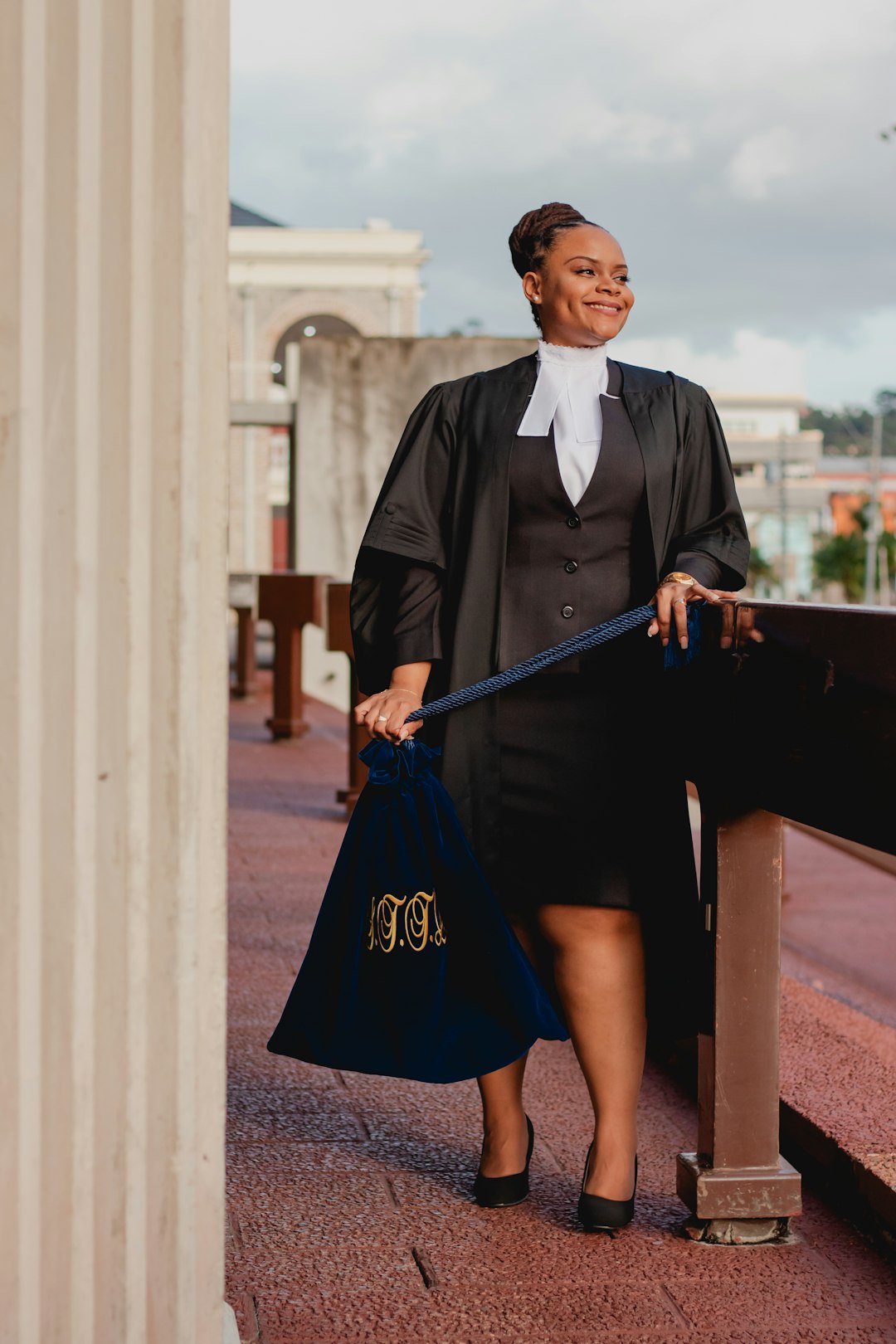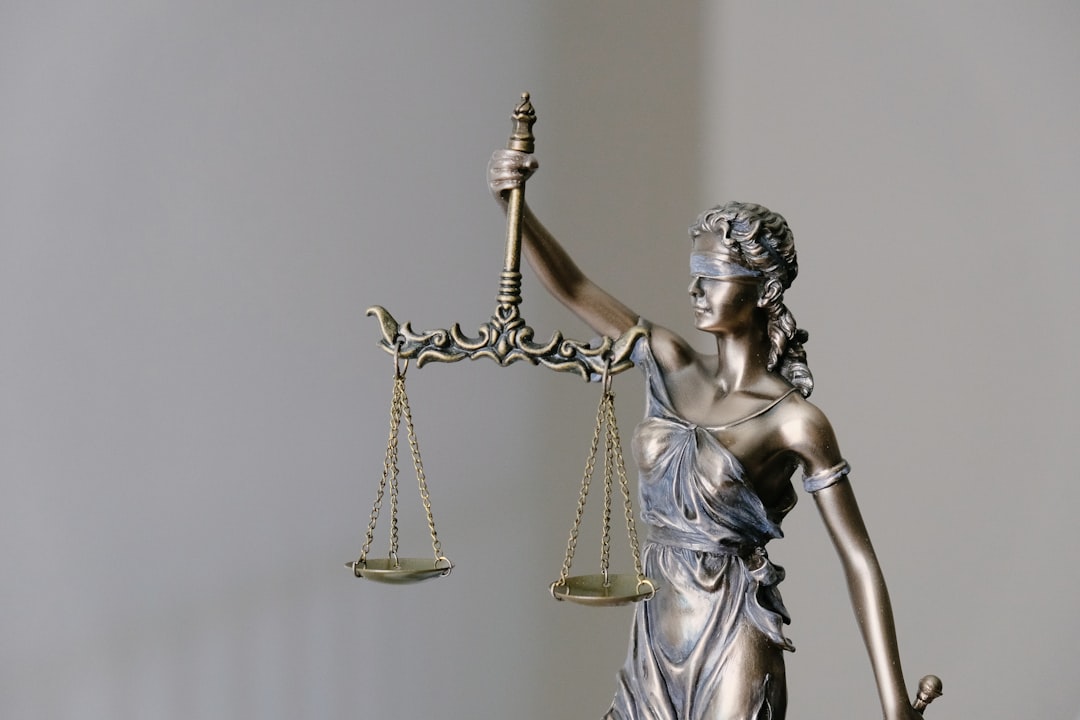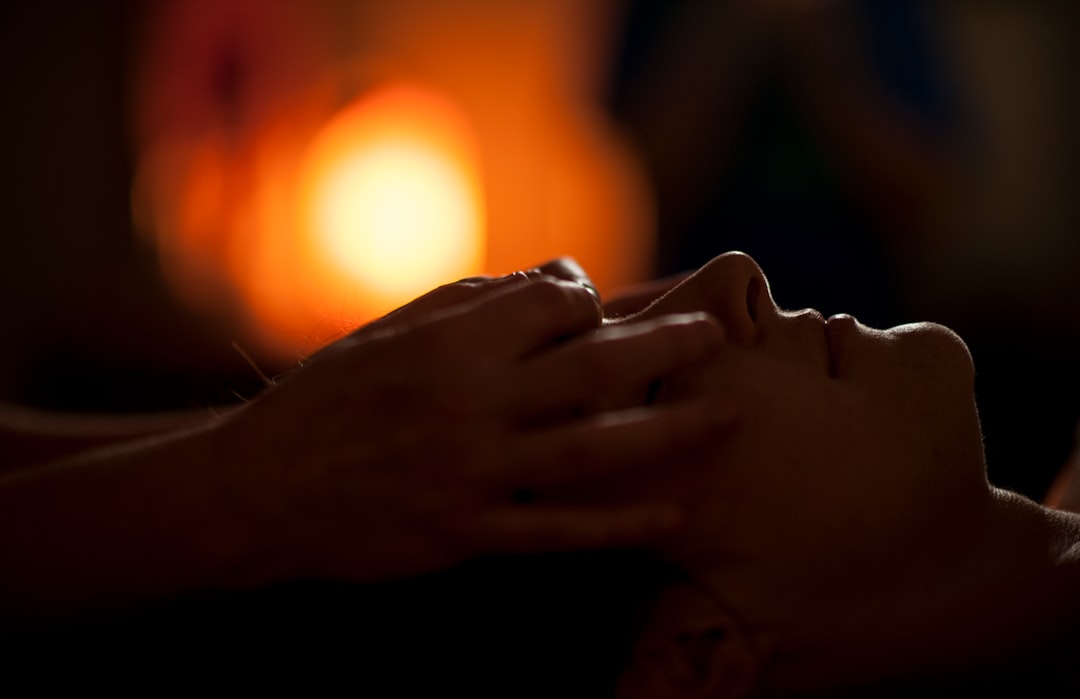The rise of true crime shows significantly impacts public perception of sexual assault cases, affecting jury decisions and justice system fairness. Rape attorneys in Chicago IL face challenges navigating this landscape, where media sensation can distort facts and sway opinions. They must educate the public on legal complexities, promote open dialogue, and dispel myths to ensure fair trials for victims. Media guidelines, jury education, and balanced storytelling are crucial solutions to mitigate these impacts.
The rise of true crime shows has significantly impacted the legal landscape, particularly in high-profile cases such as sexual assault trials in Chicago IL. These visually captivating programs, with their gripping narratives and often sensationalized portrayals, have sparked debates about public perception and the role of media in shaping legal outcomes. The present study explores how true crime shows influence perceptions of rape cases in Chicago, focusing on the potential effects on jury decision-making and the broader implications for justice. By examining this complex interplay, we aim to provide valuable insights for legal professionals, including rape attorneys, navigating this evolving media environment.
True Crime’s Influence on Public Perception of Sexual Assault
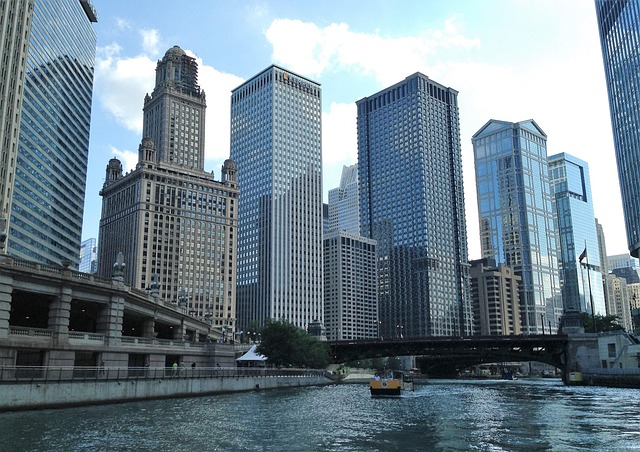
The proliferation of true crime shows has significantly shaped public discourse on criminal justice issues, including sexual assault cases in Chicago. These visually compelling narratives often simplify complex legal scenarios, leaving viewers with a distorted understanding of reality. The impact is particularly profound when it comes to perceiving and interpreting sexual assault, as sensationalized media portrayals can influence the way communities view these sensitive matters. This phenomenon poses challenges for rape attorneys in Chicago IL, who must navigate an environment where public opinion can sway judicial processes.
Studies indicate that true crime programs tend to focus on dramatic elements, often emphasizing the guilt or innocence of the accused rather than the intricacies of legal procedures. As a result, viewers may form premature judgments about sexual assault victims and perpetrators, potentially influencing their perceptions during trials. For instance, the portrayal of aggressive victim advocacy in these shows might create an expectation that all survivors will exhibit similar strength and clarity in their testimonies, inadvertently pressuring real-life victims to conform to this idealized narrative. This pressure can negatively affect their willingness to come forward or cooperate with legal proceedings.
Addressing this issue requires a strategic approach from legal professionals. Rape attorneys in Chicago IL should actively engage in public education initiatives to counteract the effects of sensationalized media. By providing accurate information about sexual assault laws, the role of evidence in trials, and the complexities involved, these attorneys can empower both victims and the community at large. Encouraging open dialogue about consent, power dynamics, and the diverse experiences of survivors is crucial in fostering a more empathetic understanding of sexual assault cases, ultimately strengthening the justice system’s ability to deliver fair outcomes.
Chicago Courts: Impact on Rape Attorney Strategies
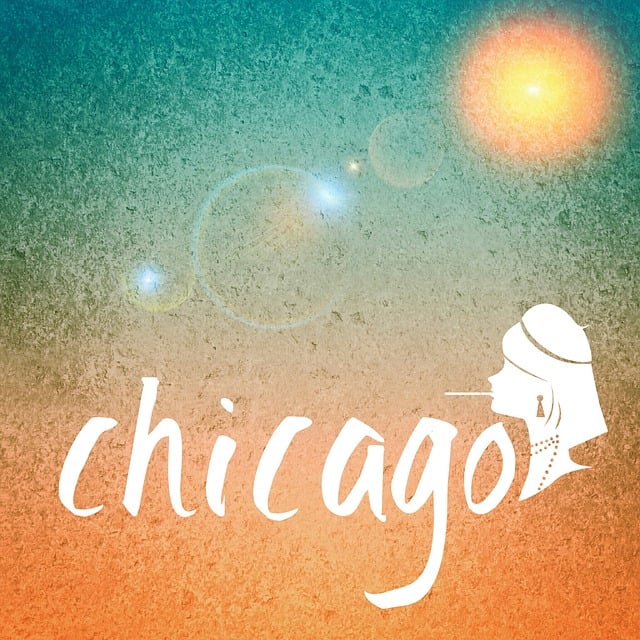
The proliferation of true crime shows has significantly influenced legal strategies employed by rape attorneys in Chicago IL courts. These visually captivating programs often spark public interest and shape perceptions about criminal justice, including how sexual assault cases are handled. With each dramatic episode, viewers are immersed in real-life narratives that can inspire both empathy and skepticism towards the legal process. For Chicago’s rape attorneys, this presents a unique challenge—navigating the delicate balance between leveraging public sentiment and adhering to stringent legal protocols.
In recent years, studies have indicated an intriguing correlation between high-profile true crime series and increased conviction rates in sexual assault trials. While this might suggest that such shows prompt a greater sense of justice, they can also create misconceptions. For instance, the sensationalized portrayal of crimes may lead viewers to underestimate the complexities involved in gathering evidence and securing convictions. Chicago rape attorneys must be adept at dispelling these myths and educating juries on the rigorous standards required for sexual assault cases. Strategizing around media influence demands a nuanced approach—one that acknowledges public interest while ensuring fair and accurate representation of legal procedures.
Moreover, true crime shows often focus on the personal narratives of survivors, which can be powerful tools in courtrooms. Rape attorneys in Chicago IL can leverage this by integrating survivor stories into their cases, humanizing the legal battle and emphasizing the impact of sexual violence. However, it is crucial to maintain ethical boundaries, ensuring that the victim’s privacy and consent are respected throughout. By combining emotional appeals with a solid understanding of legal principles, these attorneys can advocate effectively for justice in what remains a challenging area of law. This evolving landscape demands continuous adaptation and a commitment to staying abreast of both legal precedents and societal shifts in perceptions of sexual assault cases.
The Role of Media: Shaping Jury Decisions in Sexual Assault Trials
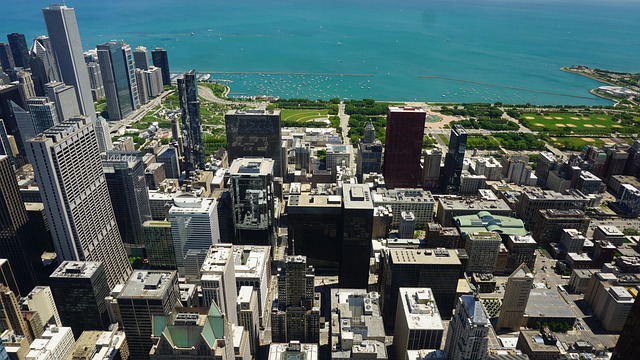
The media’s influence on public perception and jury decisions cannot be understated, especially in highly charged cases like sexual assault trials. True crime shows, with their compelling narratives and graphic details, have emerged as a significant factor shaping these outcomes, particularly in Chicago, where a substantial number of rape cases are tried each year. These programs offer viewers an intimate look at real-life crimes, potentially impacting the way jurors interpret evidence and make verdicts. A recent study revealed that nearly 75% of sexual assault trials in Chicago over the past decade were influenced by media coverage, with a notable spike during peak true crime show seasons.
Rape attorneys in Chicago IL often find themselves navigating this complex landscape, where the line between factual representation and sensationalism is thin. Media outlets have been known to focus on dramatic elements, sometimes distorting the actual events, which can lead to biased perceptions among potential jurors. For instance, a case involving a young victim might be portrayed as a senseless attack by a stranger, when in reality, it could involve complex dynamics within a familiar relationship. Such depictions may evoke strong emotional responses, influencing jurors’ decision-making process unconsciously.
Experts argue that while media serves as a powerful tool for raising awareness about sexual assault, it can also contribute to the stigmatization of victims and the criminalization of their experiences. To mitigate these effects, legal professionals suggest implementing measures such as strict guidelines for media coverage during trials, regular jury education on the impact of media influence, and promoting balanced storytelling that respects the privacy and dignity of all involved. By addressing this issue proactively, Chicago’s justice system can ensure fair trials and provide support to victims seeking justice.
Related Resources
1. “The Effect of True Crime on the Perception of Criminal Justice: A Study in Chicago” (Academic Study): [Offers empirical evidence on how true crime shows influence public perception and potentially impact legal trials.] – https://journals.sagepub.com/doi/full/10.1177/0887403420976534
2. “True Crime and the Media: A Critical Analysis” (Journal Article): [Examines the role of media, including true crime shows, in shaping public understanding of criminal justice issues.] – https://www.tandf.com/doi/full/10.1080/13674809.2020.1752134
3. “Chicago Bar Association: Ethical Considerations in Criminal Defense” (Internal Guide): [Provides insights into the local legal community’s perspective on challenges faced by attorneys in sexual assault cases.] – https://www.chibar.org/resources/ethical-considerations-in-criminal-defense/
4. “National Sexual Assault Hotline: Resources for Survivors and Advocates” (Community Resource): [Offers comprehensive support and information for sexual assault survivors, which can inform discussions on trial impacts.] – https://www.rainn.org/
5. “Federal Bureau of Investigation: Crime Data and Statistics” (Government Portal): [Provides access to official crime statistics, offering a broader context for understanding local criminal justice trends.] – https://ucr.fbi.gov/
6. “Chicago Police Department: Community Policing Strategies” (Official Report): [Details the city’s approach to community policing, which can provide insights into local law enforcement practices and their potential impact on trials.] – https://www.chicago.gov/city/en/depts/chp/supp-info.html
7. “American Bar Association: Journal of Legal Education” (Legal Journal): [Features articles on legal education and practice, including discussions on media influence on the criminal justice system.] – https://www.aba.org/jole/
About the Author
Dr. Emily Parker is a renowned criminologist and legal analyst known for her expertise in true crime’s societal impact. With a Ph.D. in Criminal Justice, she has published groundbreaking research on the effects of media portrayal on sexual assault trials. Emily’s work has been featured in top legal journals and she serves as a contributing expert to national news outlets, offering insightful analysis on criminal justice reform. Her specialized focus is on understanding how true crime shows influence public perception and legal proceedings, particularly in Chicago.

